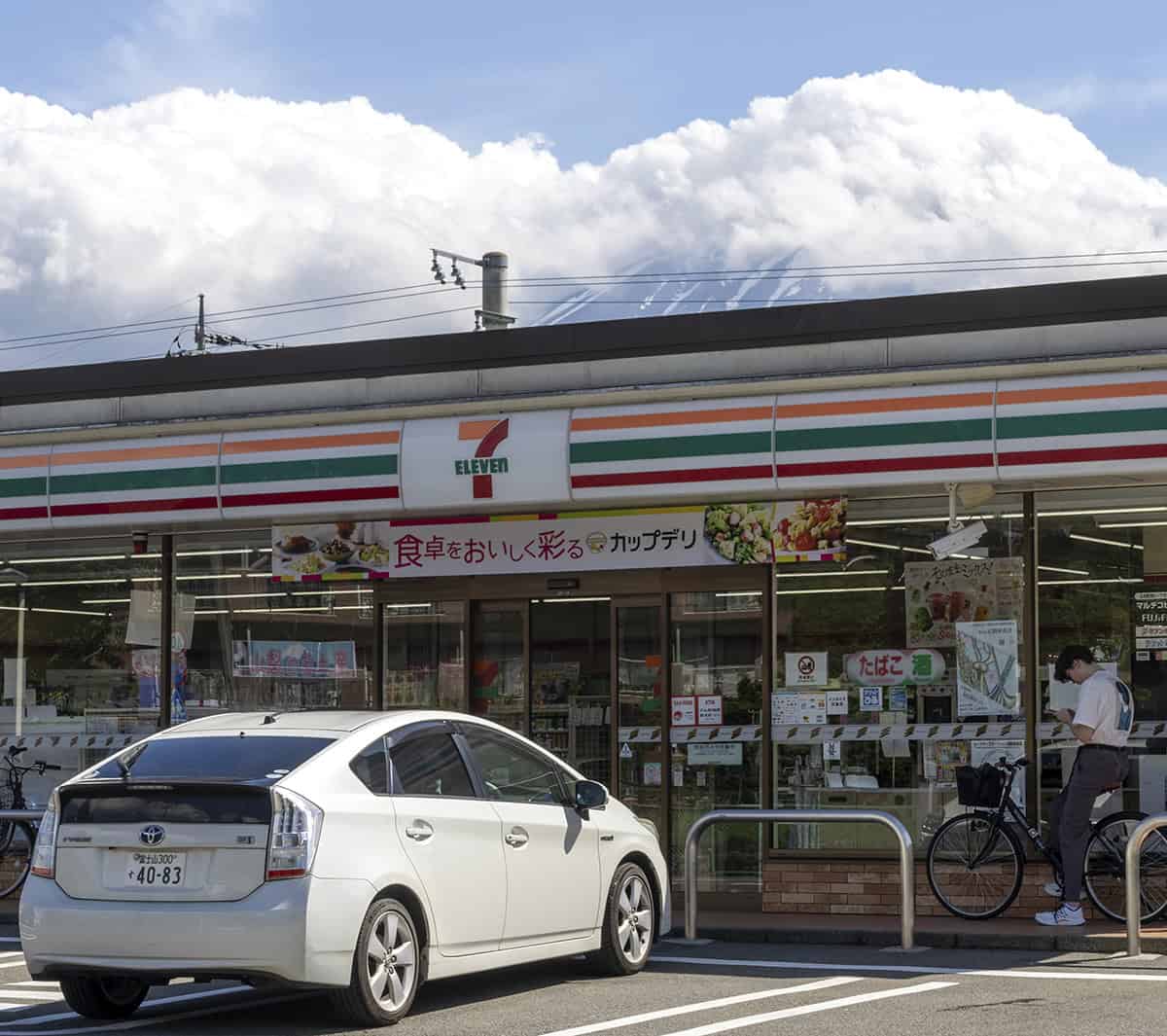Canadian convenience store giant Alimentation Couche-Tard (ACT) has set its sights on Seven & i Holdings, the Tokyo-based parent company of 7-Eleven. If the deal goes through—ACT submitted an offer to buy all outstanding shares of Seven & i last month—it will mark a significant step into Japan’s retail market by a foreign firm, but it wouldn’t be ACT’s first show of interest in the company or Japan.
ACT made a previous offer for Seven & i in 2020. “ACT has been watching closely since Daniel Loeb’s Third Point Capital lobbied hard for restructuring and management changes in 2016,” Timothy Connor, CEO of Synnovate, a firm that helps brands grow in the Japanese market, said at the time. “With ValueAct agitating in 2020, ACT is trying to get into the game.”
American activist investors Third Point Capital and ValueAct have been pushing for years for structural changes and efforts to improve profitability at Seven & i.
ACT’s dramatic offer highlights the growing allure of Japan’s retail sector to foreign investors. Reuters says ACT’s offer makes Seven & i the largest buyout target ever by a foreign buyer. But the proposed deal also underscores the complexities of navigating the market. “Taking over Japanese operations and teams is much more difficult than it looks to outsiders,” says Connor, suggesting that ACT’s bid may be more of a strategic signal than a viable takeover.
For one thing, questions loom about the Canadian retailer’s ability to manage operations on such a vast scale. “From an operating perspective, can ACT, with no experience in the Japanese market, run the quintessential convenience store and maintain quality?” Connor asks.
Japan’s regulatory environment could present hurdles as well, despite recent efforts by the government to reduce barriers to entry. In 2023, the Ministry of Economy, Trade and Industry updated its guidelines on mergers & acquisitions, aiming to streamline foreign acquisitions.
The financial implications of the deal are also a concern. “What premium would ACT need to offer to get Seven & i’s shareholders to sell? The purchase becomes much more expensive, especially considering Seven & i’s debt,” Connor points out. “And how would ACT pay? The ability to operate in terms of cash becomes that much more imperative.”




